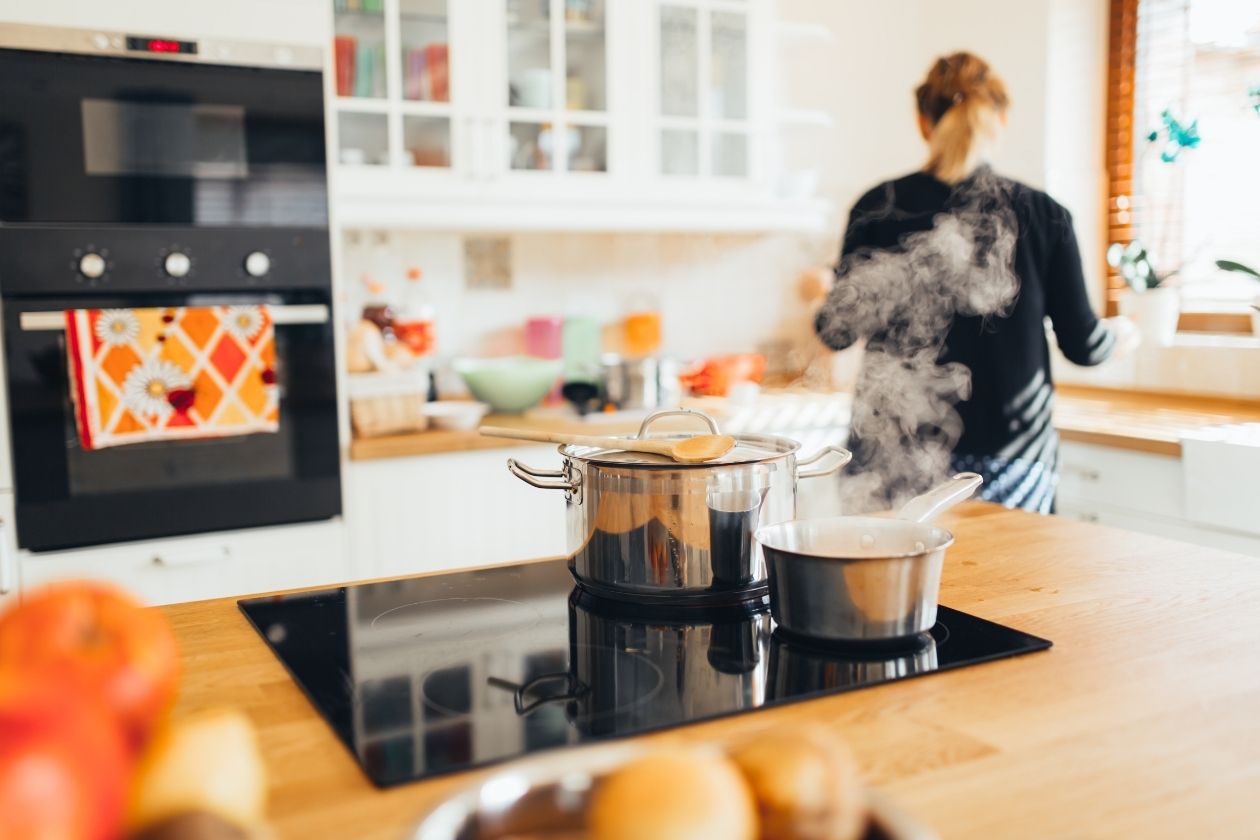Think for a moment about your home. Do you consider it to be safe? At a glance, your home might appear danger-free. However, there are many hidden carcinogens in the home that can wreak havoc upon your health, even without your being aware of their presence.
Table of Contents
Formaldehyde
If you’ve ever taken a biology class, you’re probably familiar with the strong, pickle-like stench of formaldehyde. This chemical is a common preservative used not only to preserve biology specimens but common household items like wooden furniture and flooring, as well as paint. Formaldehyde is also present in cooking fumes and can cause cancer when inhaled frequently or in large amounts. For this reason, it’s very important to keep your home, especially the kitchen, well-ventilated.
Benzene
Benzene is another carcinogen included in many household products such as adhesives, paints, and even carpeting. Many labels on these products do not specifically state the inclusion of benzene; however, try to avoid this carcinogen in the products you purchase to the best of your ability and try calling the company if you have questions.
Lead
Especially in old homes and products, lead is a commonly present carcinogen. Before people realized how highly poisonous it was, lead used to be in paints. If your home was built before the 1980s, it’s possible that lead paint was used somewhere in it. If you know you have lead paint in your home, address it right away because it can be quite dangerous and even deadly.
Acetone
Acetone is another carcinogen found in paints, adhesives, furniture polish, and some nail polish removers. In small amounts, it’s not very dangerous, but overexposure is unhealthy and can lead to symptoms such as irritation, nausea, and even cancer. Be mindful of your use of products containing acetone and avoid overexposure.
Radon
Radon is a radioactive gas produced in the ground. Sometimes, the gas can make its way into your house, which poses a risk for you and the members of your household. It’s one of the top causes of lung cancer, so if you suspect that you have radon in your home, get your house tested and have the radon removed.
These are just a few of the hidden carcinogens in the home of which you should be aware. To avoid having dangerous levels of carcinogens in your home, keep your home well ventilated, especially when cooking or otherwise producing fumes. Further, be mindful of the contents of any household products you use. Doing so will help you and your household to stay safe and healthy.




